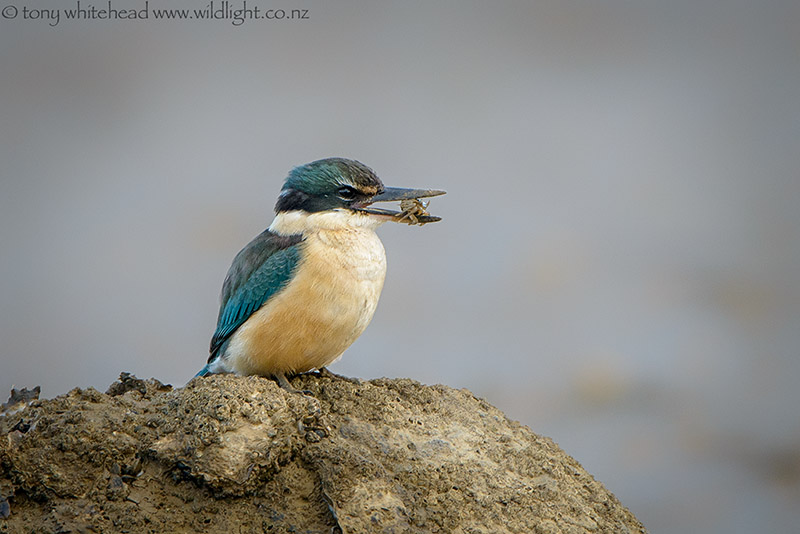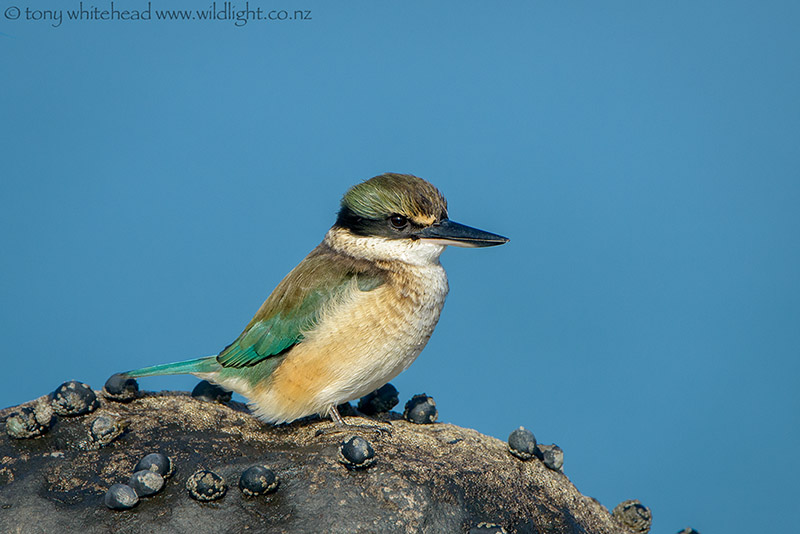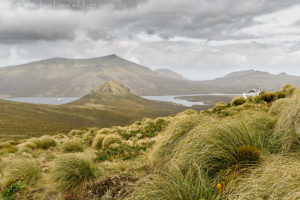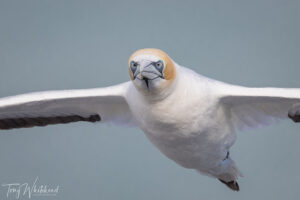Kingfishers are among my favourite birds as they combine my two interests of birds and fishing into one colourful package. In New Zealand we have only one species, the Sacred Kingfisher, which is also present in Australia. They can be challenging to photograph well as they are very observant, hunt in open areas with little cover and don’t tolerate approach well. On our recent trip to Northland we had a couple of opportunities to sit and watch them hunting and managed a few decent images. We had been hoping for Reef Heron pictures as we had seen one on the day we arrived and so staked out the area repeatedly but never saw the heron again. Instead we got to observe a number of Kingfishers about their daily routine and managed some nice pictures which was an unexpected bonus.
In New Zealand the Kingfishers are altitudinal migrants, moving to higher altitudes in summer when terrestrial invertebrates are more common and descending to the coast and estuaries in winter where they prey on marine invertebrates. We were based in Paihia so were watching them at the mouth of the Waitangi River where it drains into the Bay of Islands. Being observational hunters, the Kingfishers choose an elevated perch and then scan the surrounds for movement before diving down onto their prey. In this situation they would choose a slightly elevated rock and look for the movement of crabs on the mudflats or rocky shingle. On seeing a prey item they streak down and capture it and then return to their perch where they batter it on the rock before swallowing. For more information on kingfishers see NZBirdsOnline.
The first image shows a bird with a crab captured from the mudflats in late afternoon after we had lost sunlight. The second bird was hunting over cleaner shingle and rock so has a nice clean bill. This was another occasion where the extra cropping allowed by the D800 36Mp sensor is very useful, as even with a 500mm lens and 1.4x teleconverter it is not possible to approach close enough for a frame-filling composition in this environment.



